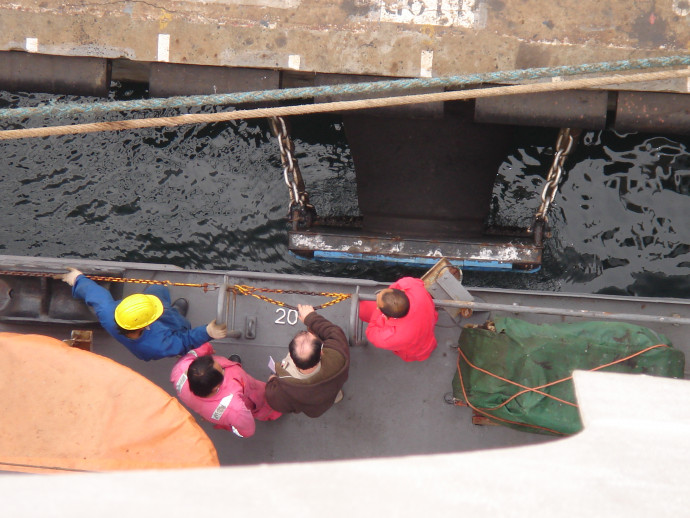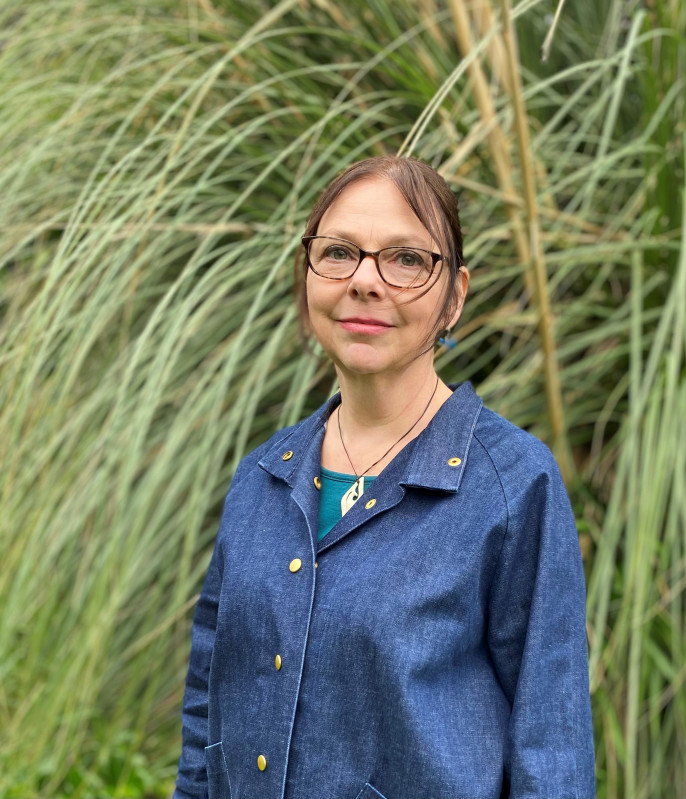Navigating labour mobilities: Seafarers after COVID-19

COVID-19 brought about the global ‘Crew Change Crisis’ which left more than 400,000 seafarers stranded on ships and in ports due to border closures. Dr Maria Borovnik from Te Kunenga ki Pūrehuroa Massey University will investigate the social and economic impacts of this humanitarian crisis, focusing on the dignity of seafarers as enablers of global trade
Published on 2 Whiringa-ā-rangi November 2023
Ninety percent of world trade is conducted by sea. When COVID-19 struck, the seafarers transporting these goods became stranded on ships or in unfamiliar ports, separated from their families, sometimes for years.
Many seafarers originate from the Global South, including the Pacific, with backgrounds in societies that nurture strong and collaborative cultural values. Similarly, ship environments naturally emphasise team spirit, where each person has clearly defined tasks that the vessel and crew depend on. Dr Borovnik believes this has provided many seafarers with the tools for resilience and action in such challenging times. Their “ensembled agency” recognises that they prioritise harmony within social relationships over individual freedoms.
Dr Borovnik and her team, including Dr Charlotte Bedford from the Australian National University, have received a Marsden Fund Standard grant to investigate this theory by visiting seafarers and their support networks and recording their stories about the COVID-19 pandemic, their current situations, and their futures. This multi-sited research will include seafarers of diverse backgrounds in Kiribati, Tuvalu, Fiji, Australia and Aotearoa New Zealand. A particular focus is on seafarers from Kiribati who were separated from their families for two to three years because of border closures. Recognising the importance of a strong understanding of the nuances of Kiribati culture, Dr Borovnik has assembled an I-Kiribati Advisory Team. Working closely with local research associates, she will engage in the 'te maroro' research method of relaxed, informal discussions.
The COVID-19 Crew Change Crisis significantly interrupted global trade and its effects are still apparent through ongoing disruptions and delays. At the heart of the crisis were seafarers themselves, whose agency to choose and negotiate strategies in uncertain situations enacted at different scales, is often unacknowledged. It’s time to hear their stories.

Dr Maria Borovnik (photo: supplied)
